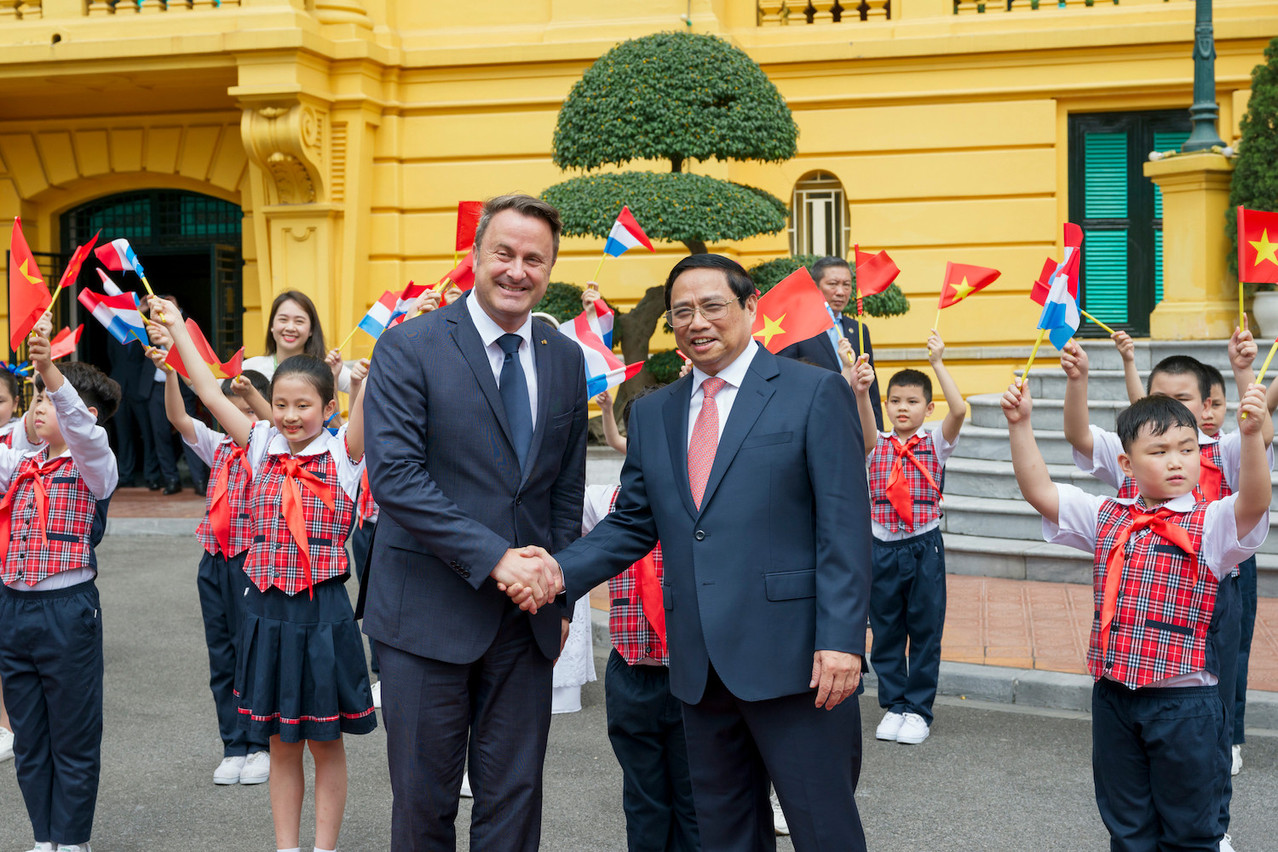What’s the big deal?
Luxembourg joined an initiative that also includes Belgium, Finland, France, Germany, Italy, the Netherlands, Slovenia and Spain to end the unanimity principle in EU foreign policy and move towards a qualified majority system. The objective of this so-called “group of friends” is to “improve effectiveness and speed of our foreign-policy decision-making.”
Hungary, for example, in 2021 had blocked several attempts at a statement condemning China’s treatment of Hong Kong. More recently, in March 2023, the country was accused of blocking an EU statement on an international arrest warrant issued against Russian president Vladimir Putin. Abolishing the unanimity principle would be a big shift from current decision-making practices
From parliament
· Luxembourg this week passed , finally transposing an EU directive which was due to be adopted into national law by the end of 2021. The law sets out reporting procedures through internal, external and public channels but also safeguards for critical and classified information or professional secrecy. The directive protects whistleblowers from being fired or otherwise punished by their employer but also foresees sanctions for false alerts and smear campaigns.
· Lawmakers also paved the way for French cross-border workers to per year from home without being taxed in both their country of residence and their workplace. However, under EU rules, employees risk losing their social security affiliation if working working remotely more than 25% of their time. This regulation is up for discussion in Brussels.
· Water is in short supply as the winter months were drier than needed to fill up groundwater reserves, environment minister (déi Gréng) said in answer to a parliamentary question this week. In some areas, water levels at the end of 2022 were the lowest measures in the last 20 years, she said. The recharge between October 2022 and March 2023 was around 30% below average.
International relations
· Prime minister (DP), together with tourism minister (DP) is in Vietnam this week, visiting Hanoi and Ho Chi Minh City. The visit marks 50 years of diplomatic relations between both countries and follows a visit by prime minister Pham Minh Chinh to the grand duchy in December last year. From visiting Halong Bay to a car manufacturer, temple visits and ringing the bell at the stock exchange in Ho Chi Minh City, the delegation explores ties in digitalisation, logistics, energy, tourism, sustainability and other areas of mutual interest.
· Also travelling to Asia, development cooperation minister (LSAP) travelled to Bangladesh from 28 April to 1 May and then onwards to Nepal from 2 to 6 May visiting projects run by Luxembourg NGOs, for example benefitting Rohingya refugees.
· Sitting on the border between Europe and Asia, Turkey is preparing for a general election on 14 May, with president Recep Tayyip Erdogan seeking a third term. Around 1,500 Turkish nationals living in Luxembourg are between 27 April to 9 May, although more than 10,000 Turks from the greater region are expected to use the grand duchy representation as their nearest polling station.
Elections
The CSV during a press conference on Tuesday attacked health minister (LSAP), saying her indecisiveness was leading to crucial delays in making healthcare more accessible. At the heart of the matter is a dispute around private practices being able to purchase and operate diagnostic technology, such as MRIs.
The minister wants such medical centres to be under the supervision of a hospital, but the state council last week said a draft law fails to properly explain why this is necessary. The CSV has made access to healthcare at a local level one of its campaign topics for the June municipal elections.
In other news
To better understand traffic flows and other mobility data, the transport ministry this week launched a new , which will collect and analyse information from several data sources, such as car park occupancy, public transport use and vehicle routes. Fulfilling a coalition agreement promise from 2018, the monitoring tool should enable “the emergence of an intelligent transport system,” said mobility minister (déi Gréng).
